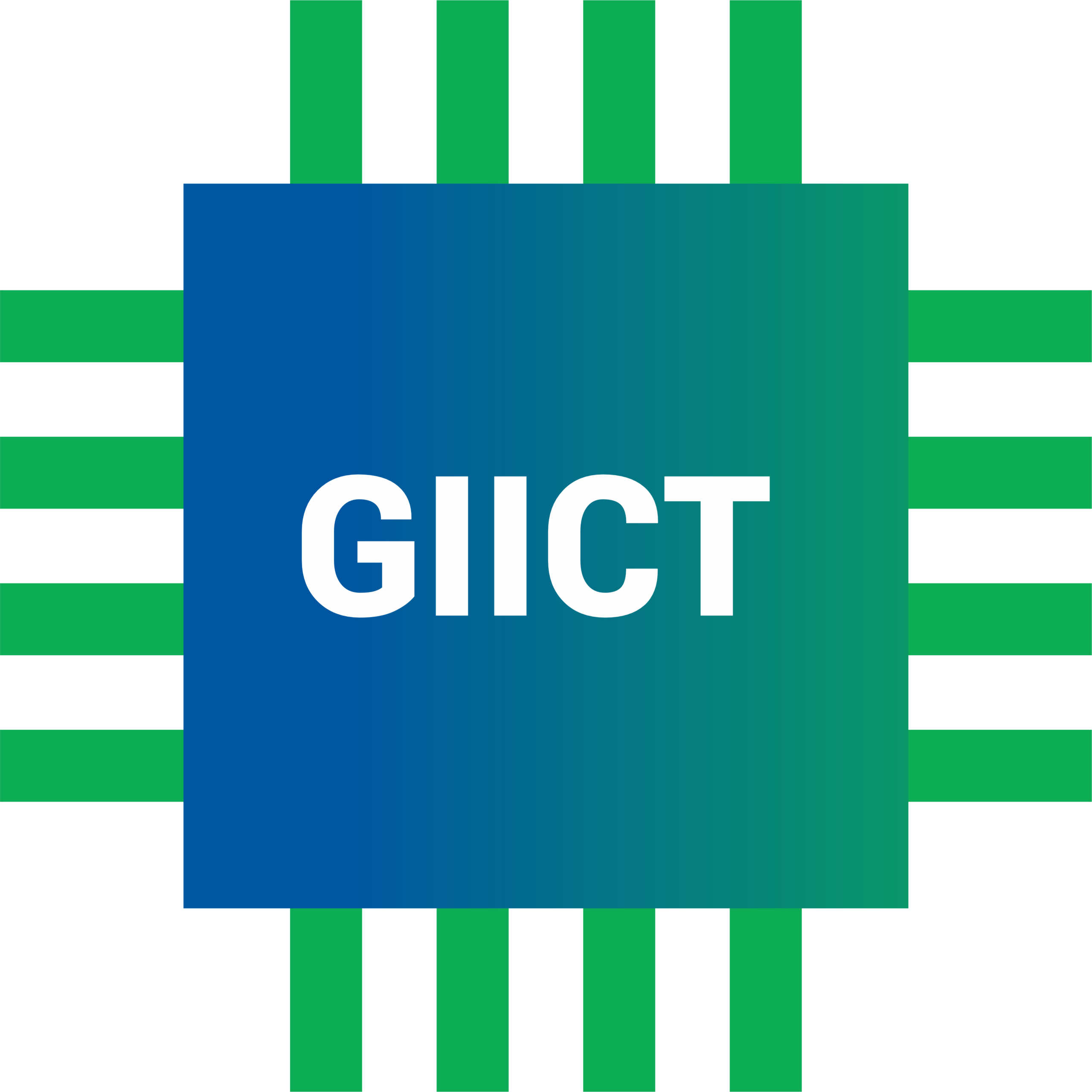Course Title: Fundamentals of Analog Circuits
Total Duration: 8 hours
Session 1: Introduction to Analog Circuits
Topic: Basics of Analog and Digital Circuits
Duration: 1.5 hours
Content Focus:
- Understand the core differences between analog and digital signals.
- Explore real-world examples to grasp their applications and significance.
Objective: Build a strong foundation in distinguishing analog signals from digital ones for practical engineering applications.
Session 2: Exploring Analog Components
Topic: Resistors, Capacitors, Inductors, and MOSFETs
Duration: 2 hours
Content Focus:
- Deep dive into the key components of analog circuits.
- Analyze their functionality, significance, and basic equations with real-world examples.
Objective: Gain a comprehensive understanding of essential analog components and their applications in circuit design.
Session 3: Understanding Operational Amplifiers (Op-Amps)
Topic: Basics of Operational Amplifiers (Op-Amps)
Duration: 2 hours
Content Focus:
- Learn the characteristics and functions of Op-Amps.
- Explore their applications in filters, amplifiers, and other designs.
Objective: Develop foundational knowledge of Op-Amps to enhance your analog circuit design capabilities.
Session 4: Introduction to Small Signal and Noise Analysis
Topic: Small Signal Amplification and Noise
Duration: 2 hours
Content Focus:
- Introduction to small signal concepts.
- Basics of noise analysis and its impact on circuit performance.
Objective: Understand how small signals are handled in circuits and the role of noise in performance analysis.
Summary:
This course provides an in-depth foundation for mastering analog circuits. By exploring key components, operational amplifiers, and signal handling techniques, participants will be equipped to approach complex circuit designs confidently.



